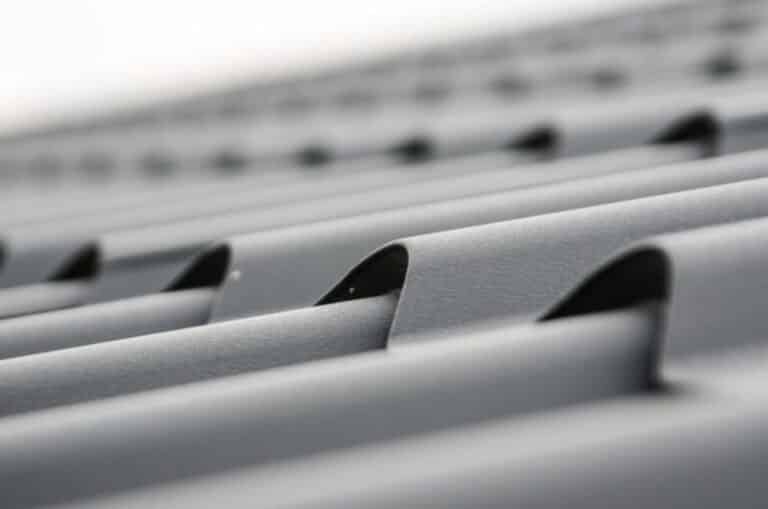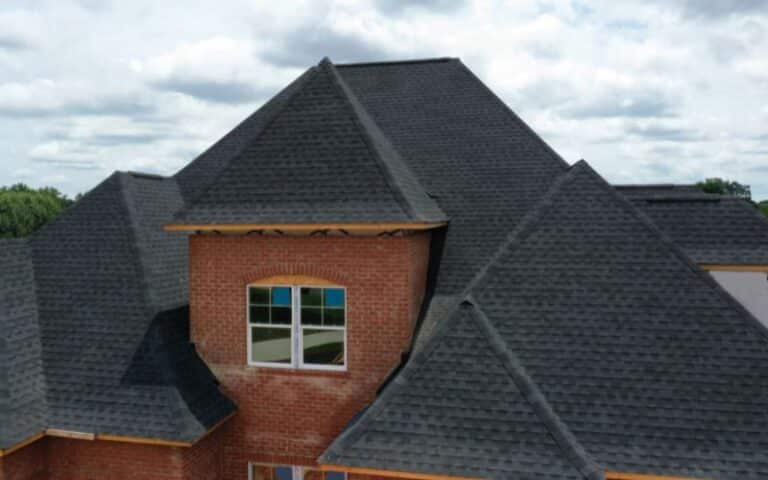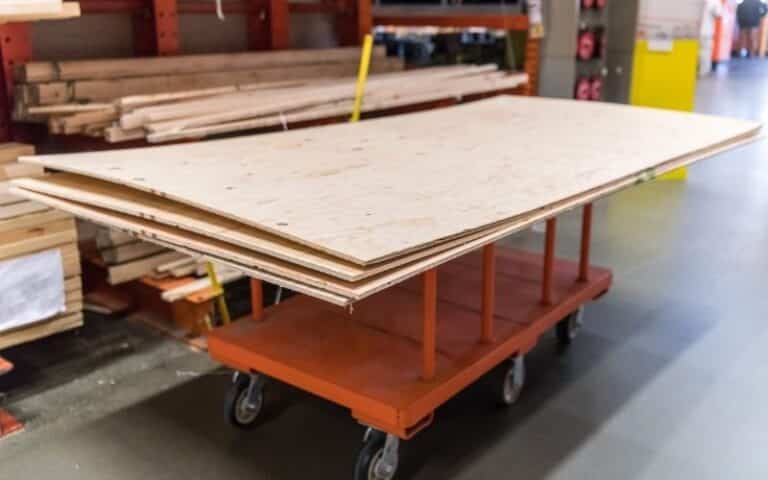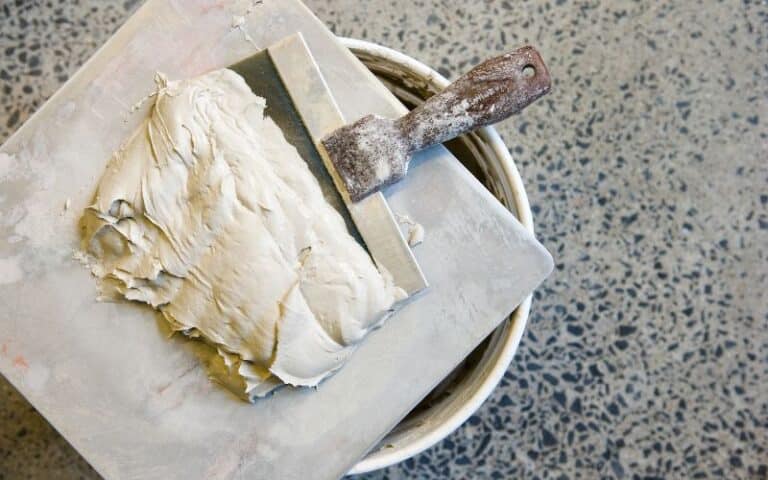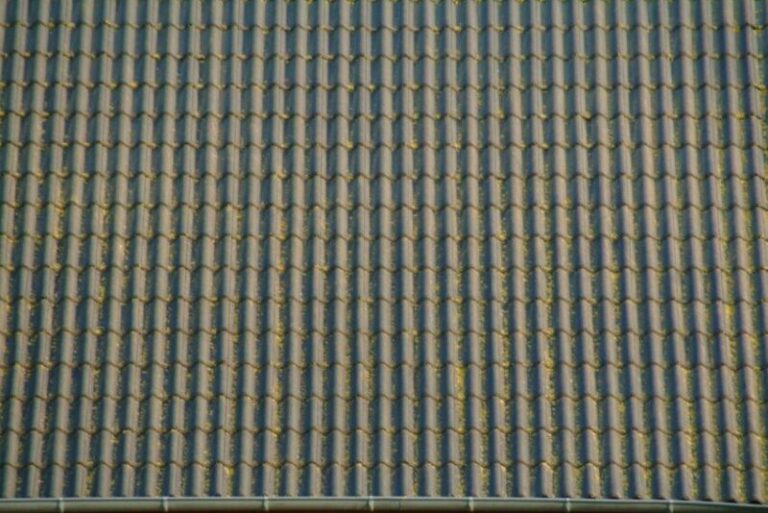It is common for property owners to be familiar with the term roof inspection. However, a typical home or roof inspection does not cover a crucial factor known as a roof certification.
Whether commercial or residential, roofing systems are integral to the safety of a building as well as its occupants. Therefore, it is crucial to get a roof certified to determine its condition and remediate all identified problems if any.
Although a home inspection covers the roof as well, the roof inspection that is a part of an overall home inspection is superficial and can fail to point out critical issues and problems with the roof.
Licensed roof inspectors are specialized at the job and qualified to find and flag necessary repairs. In this article, we will take a look at what a roof certification is and what it covers.
Ready for a Roofing Quiz?
What is a Roof Certification?

A roof certification is a report prepared after a certified roof inspector carries out a roof inspection of a roof to determine its estimated remaining lifespan and overall condition.
Roof certifications usually carry validation periods of two to five years. There are some states in the US that stipulate the inclusion of a roof certification before a house is resold.
Similarly, some insurance carriers and lenders also require a roof certification document and do not accept a simple roof inspection.
The data a roof inspector collects during a roof inspection is not enough to prepare a roof certification report as it requires additional and more in-depth data collection.
A roof certification process involves a roof inspector reviewing each and every element of the roofing system, such as the condition of flashings and loose roofing materials, etc.
Different roof types, weather conditions of the region, and other such factors impact how the roof certification inspection process needs to get carried out.
For instance, the amount of roof granules (responsible for protecting the shingles from direct sunlight) remaining is a significant aspect in an asphalt shingle roof while it is not even present in a metal roof.
One thing to keep in mind is that a roof certification is not necessarily a warranty, but it can be one. It depends on the roofing company you opt for and the agreement between the homeowner or property owner and the company.
What Does a Roof Certification Cover?
Qualified and specialized roof inspectors identify the material a roof is made up of to gauge its potential lifespan, which is usually between 10 and 20 years. They also take into consideration the usual weather patterns of the region.
Furthermore, the quality of any previous repairs is eminent for indicating any future issues. Layered roofs are also typical, which are roofs laid over existing roofs.
This can cause the original layer of the roof to take an additional pressure. The roof inspection expert will also check the downspouts and gutters for damages, along with any visible signs of water damage or mold on the inner side of the roof.
A certified roof inspector generally looks for and inspects the following components:
- – Condition of valleys, vents, chimneys, and pipes
- – HVAC units and their mounting conditions
- – Quality of gutters, downspouts, and drains
- – Drip edges, caps, and ridges
- – Loose or missing roof materials
- – Cracking, leakage, or deterioration on the surface of the roof and all the components of the entire roofing system
A roof inspector takes pictures to include in their final roof certification report and carefully and thoroughly examines the roof from the exterior as well as the interior.
They also make a note of the following aspects of the roof:
- – Previous roof repairs
- – Pitch of the roof
- – Number of layers
- – Signs of damage
- – Age of roof
- – Type of roof
Here is a sample roof certification to give you an idea of the information it holds (A roof certification might look very different from this as different certificate providers might use different formats).
Sample Roof Certification
XYZ Roofing Contractors
1234 Main Street
Anytown, State 00000
State Roofing License Number #00012345
CERTIFICATION
Re: [Address of Subject Property)
_____________________________
Based upon the inspection of a qualified roofer employed by this firm and upon his recommendation, roof inspection and/or repairs have been completed in a professional manner at the above certification address.
Upon completing the inspection and/or repairs, the roof covering is deemed in satisfactory condition with no evidence of leaks.
Roof inspections are accomplished by observing visible elements while walking over the roof surface. The inspector is concerned only with what he can see at that time.
I hereby certify that I have no interest present or prospective in the property, buyer, lender, or other party involved in this transaction.
This roof is certified (or warranted or guaranteed) to be moisture-proof (or watertight) for two (2) years. Severe weather and unforeseen problems such as leakage caused by foot traffic on the roof cover, natural disasters, skylights, solar or other types of heat/cool units are not covered by this certification. It does not apply to any patio covers or porches attached to the home, only a livable area.
Date: ____________
By: ____________
Title: ____________
Benefits of a Roof Certification
There are many benefits of a roof certification for homeowners. A roof certification process involves roof inspection and informing property owners about the condition of their roofs.
This allows them to make the necessary and required roof repairs. This can increase the value of the property if you are considering selling it.
If not, roof repairs can prevent little roofing issues from turning into major problems or even a disaster.
A roof certification also informs homebuyers about the roof’s condition, and they feel safe and confident about going forward with the deal. This can save property owners from facing difficulty finding interested potential buyers.
Furthermore, while a roof inspection also puts homeowners at ease about the roof’s condition, a roof certification provides them with peace of mind as a warranty means that they do not have to worry about any roofing expenses for as long as the certification is valid.
Final Thoughts
A roof certification can benefit homeowners in a number of ways, whether they are buying or selling their property or not and whether it is a commercial or a residential building.
The importance of a robust and efficient roofing system cannot be undermined, and getting a roof inspection carried out on a roof is the only way to ascertain its existing condition.
Furthermore, a roof certification helps homebuyers as well as the sellers of properties in various regards as well.
A roof certification is a major component of overall roof maintenance management. It not only informs a property owner about the life of their roof and allows them to make informed decisions, but if it is a warranty, it secures their investment as well.
Make sure always to get your roof inspected or certified by a roof inspector who is certified and experienced.

